1. Limited Restaurant Options
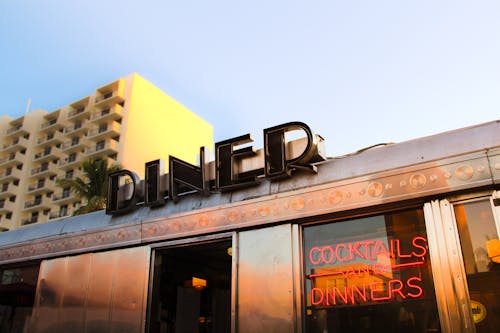
In many small towns, there are only a handful of restaurants, and locals love the familiarity of them. They know the owners, the waitstaff, and even what’s on special before walking in. There’s a comfort in being able to call the diner by name and know exactly what kind of pie is waiting at the counter. Buyers, on the other hand, often see the lack of variety as a downside.
Someone moving from a city might be used to sushi on Tuesday, Ethiopian on Wednesday, and a vegan café on Thursday. When they realize their choices are pizza, a diner, and a barbecue joint, it can feel restrictive. Locals don’t mind because those spots are tied to community events and gatherings. But for outsiders, it can feel like the town is missing an essential part of modern life.
2. No Big-Box Stores
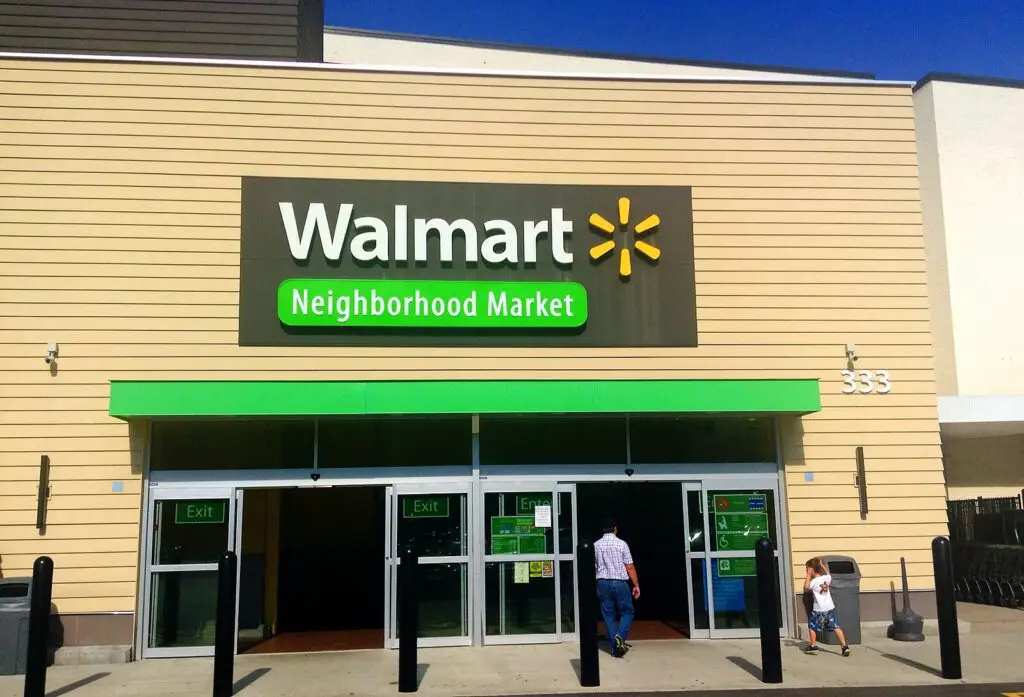
Locals often take pride in not having a Walmart, Target, or Costco dominating their town. They prefer mom-and-pop shops where owners know your name and sometimes even your shopping habits. These smaller stores keep money in the community and give a personal touch you’ll never find in a chain. To buyers, though, the absence of big-box convenience can be frustrating.
Someone relocating may not love driving 45 minutes just to find affordable bulk groceries or a wider selection of clothes. The idea of not having a quick one-stop shop feels inconvenient if you’re used to it. Locals shrug it off, seeing it as a way to preserve the town’s character and support neighbors. Buyers often interpret it as backward or impractical.
3. Old-School Public Amenities
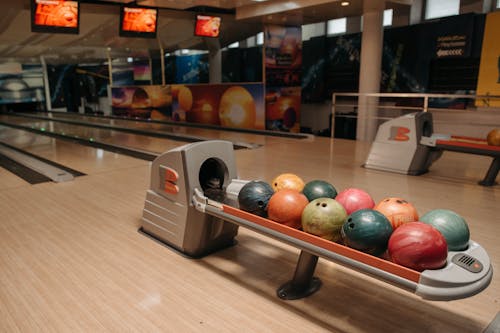
Many small towns still maintain things like a single-screen movie theater or a bowling alley from the 1960s. Locals love these places because they’re full of nostalgia and tradition. They remember going on dates there in high school or bringing their kids for family nights. For buyers, those amenities can look outdated instead of charming.
A buyer might wonder why the town hasn’t upgraded to a modern multiplex or an entertainment complex. The slower pace and older style can read as “behind the times.” But locals often see them as irreplaceable gathering spots that keep the community connected. What feels like a relic to outsiders is often the heartbeat of small-town fun.
4. Volunteer Fire Departments
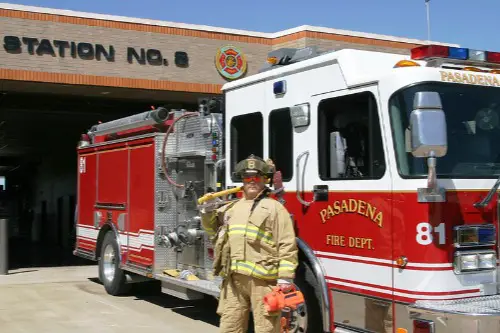
In many small towns, fire protection is handled by volunteers. Locals often see this as a badge of honor because it represents community spirit and neighbors helping neighbors. It’s also a way for residents to be directly involved in protecting their town. Buyers, though, can see this as a red flag.
Someone used to fully staffed, professional fire departments may question the safety or reliability of a volunteer-based system. Concerns about response times and resources are common among newcomers. For locals, those fears don’t resonate because they know and trust the volunteers personally. To buyers, it feels like cutting corners on something vital.
5. Small High Schools
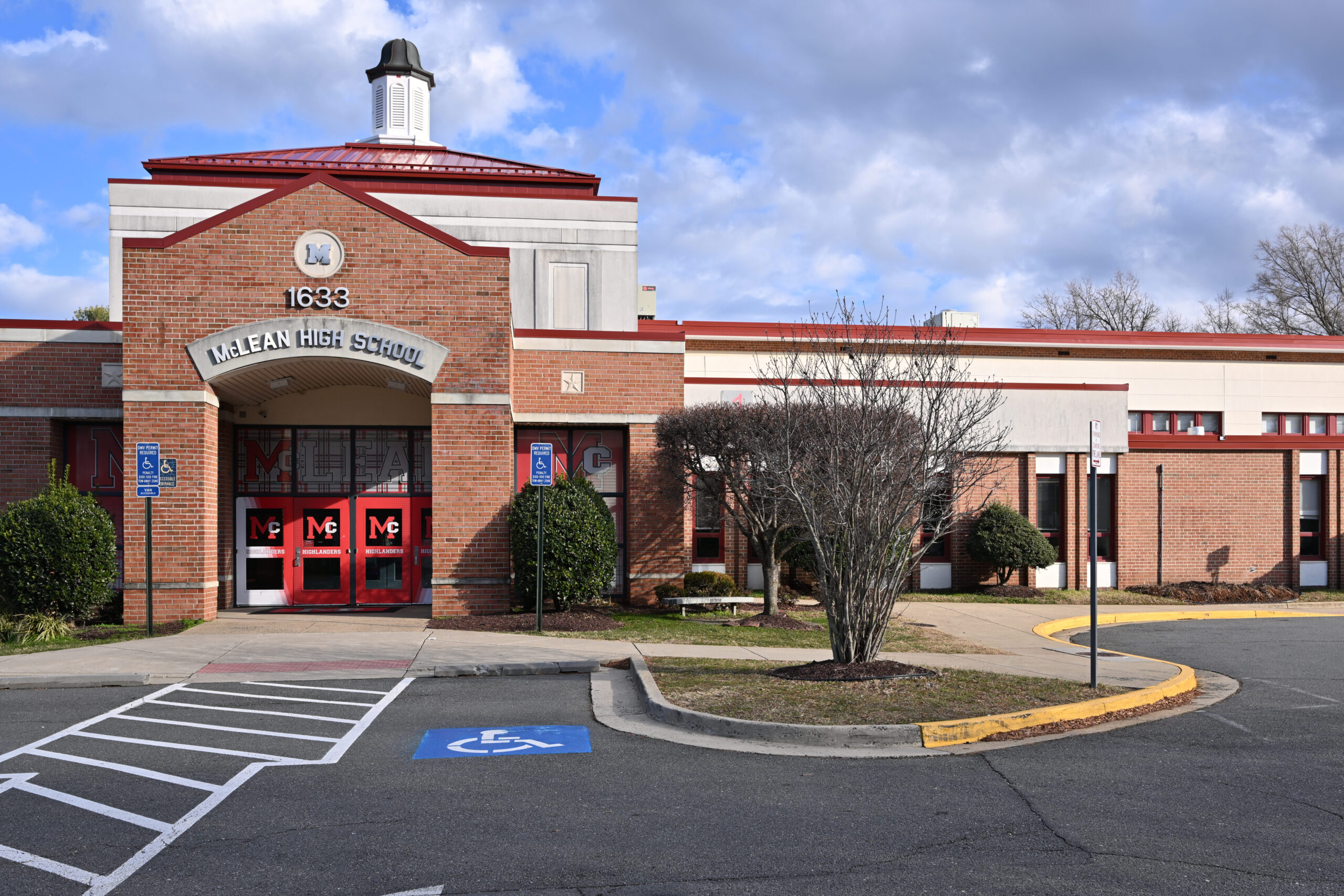
A graduating class of 50 might seem shockingly small to outsiders, but locals often love it. Kids grow up together from kindergarten through senior year, and that creates lifelong bonds. Sports teams are a big deal, with nearly the whole town showing up on Friday nights. Buyers sometimes see it as limiting.
Parents moving in may worry that their kids won’t have enough extracurriculars, advanced classes, or diverse peer groups. They may fear fewer opportunities compared to larger districts. Locals see the intimacy and support as a major advantage, though, because everyone knows who you are and what you’re capable of. What buyers interpret as a lack of resources, residents see as a strength.
6. Seasonal Festivals
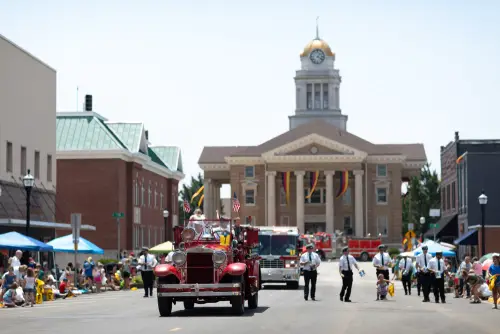
Small towns often go all-out for seasonal festivals, whether it’s a county fair, harvest parade, or Christmas tree lighting. Locals love them because they’re a chance to gather, celebrate traditions, and support local businesses. These festivals bring the whole community together in a way that city events rarely do. Buyers, however, sometimes see them as a disruption.
Someone new to town might find road closures, traffic, and crowded sidewalks to be more hassle than joy. The scale of the event compared to the town’s size can feel overwhelming. To locals, though, it’s the highlight of the year, something they plan around and cherish. Buyers may wonder why so much emphasis is put on one or two weekends.
7. One Doctor or Clinic

For locals, having just one doctor or a single medical clinic is normal and even comforting. They like knowing their doctor personally and having that relationship stretch across generations. It’s not unusual for the local physician to treat an entire family tree. Buyers, though, may feel uneasy about the limited medical options.
People moving in might worry about long waits, lack of specialists, or outdated equipment. Having to travel to a larger city for more serious care feels inconvenient to them. Locals often don’t mind because they’re used to it, and they trust the system they’ve relied on for decades. Buyers tend to see it as a major shortfall in infrastructure.
8. Quirky Local Rules
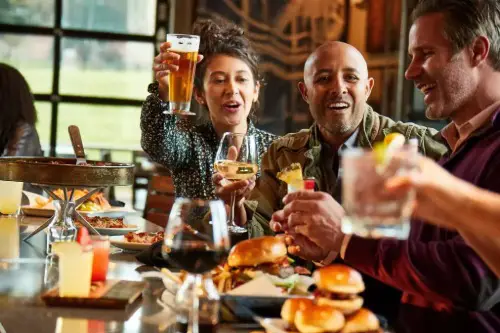
Some towns have unusual rules, like no alcohol sales on Sundays or strict noise ordinances. Locals usually accept these quirks as part of their identity and culture. For many, it’s just the way things have always been, and it fosters a sense of tradition. Buyers, though, can see these rules as outdated or restrictive.
Someone coming from a big city may find it strange not to be able to buy wine with their Sunday groceries. Noise limits might feel stifling if they’re used to a livelier atmosphere. Locals see it as preserving peace and values, while outsiders see inconvenience. What feels normal to one group can feel like a nuisance to another.
9. Churches as Community Hubs
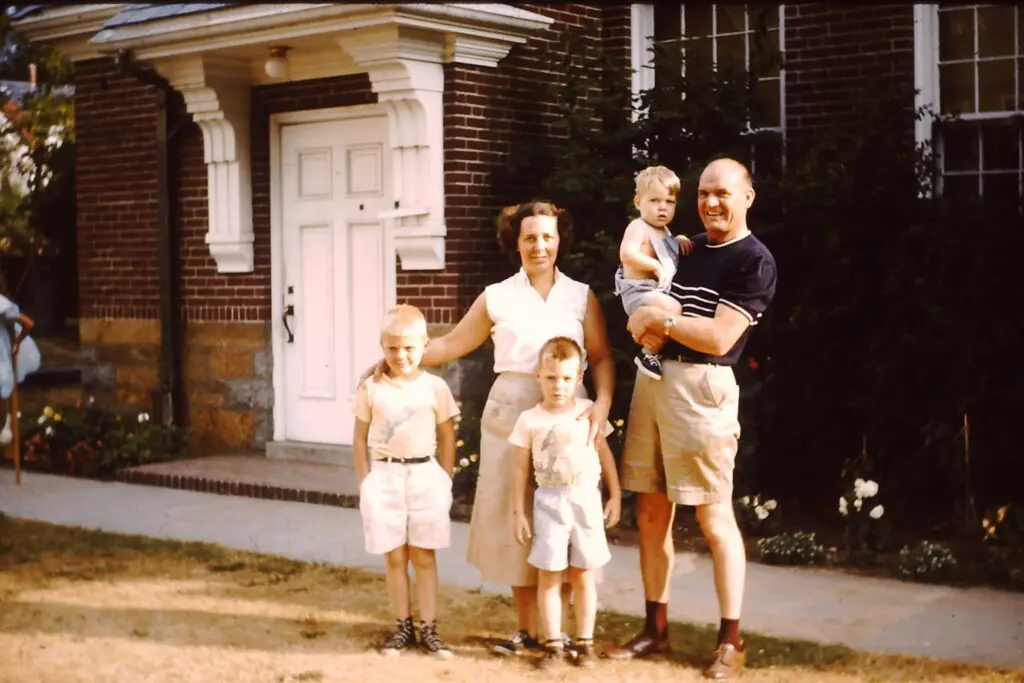
In small towns, churches often serve as more than just places of worship. They’re gathering spaces for potlucks, charity drives, and even town meetings. Locals love this because it keeps the community close-knit. Buyers, however, may find the central role of churches unfamiliar or even uncomfortable.
For people who aren’t religious, it can feel like everything revolves around faith-based institutions. They may worry about whether they’ll fit in socially. Locals appreciate the sense of support and belonging, but buyers may interpret it as a lack of diversity in social life. What feels like inclusion for residents sometimes feels like exclusion for newcomers.
10. Lack of Public Transit
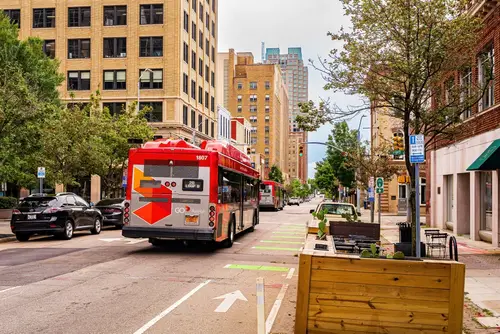
In many small towns, there’s no bus system, subway, or even a reliable taxi service. Locals are used to driving everywhere, and for them, owning a car is second nature. They don’t see the lack of transit as a problem at all. Buyers, especially from urban areas, can find it frustrating.
Someone used to hopping on a train to get across town may struggle with the idea of needing a car for every errand. Walking and biking may not be realistic in spread-out rural layouts. Locals shrug it off because it’s just the way life works in their area. Buyers often interpret it as isolation or inconvenience.
11. Early Closing Hours
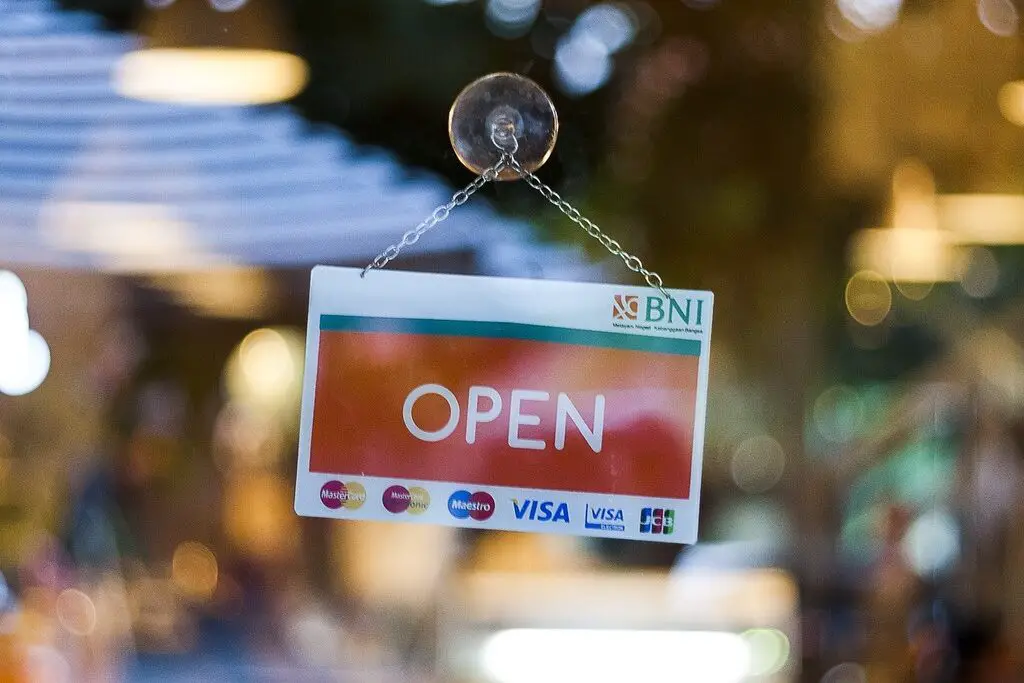
In a lot of small towns, shops and restaurants close by 8 or 9 p.m. Locals don’t mind because they’ve planned their routines around it for years. They see it as promoting a healthier lifestyle and family time. Buyers often find it limiting.
Someone moving from a big city may expect late-night grocery runs or restaurants serving dinner at 11 p.m. Instead, they’re met with dark storefronts and empty streets. Locals see it as peace and quiet, a perk of small-town living. Buyers tend to see it as a lack of vibrancy.
12. Minimal Nightlife
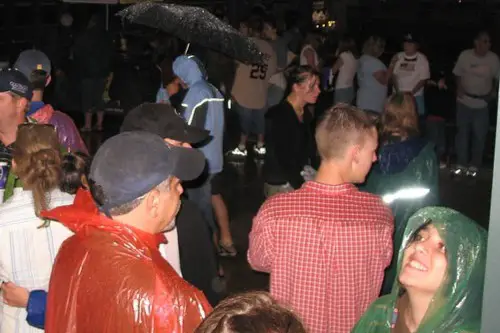
Locals often enjoy their social lives through house parties, bonfires, or community events rather than bars and clubs. They love the intimacy and low-key atmosphere. There’s less noise, less trouble, and more time spent with people you truly know. Buyers, however, may miss nightlife options.
If someone is used to concerts, clubs, or trendy cocktail lounges, the absence feels glaring. The entertainment scene might look dull or even nonexistent. Locals don’t see it that way because they value simpler gatherings and quieter nights. Buyers often see it as boring or limiting.
13. Limited Job Market

For locals, a small job market is just part of the deal, and many find work in family businesses or local industries. They often value stability over variety. Knowing the same employers for decades creates trust and loyalty. Buyers tend to find the lack of opportunity unsettling.
A newcomer might worry about limited career paths or having to commute far for better options. Professional fields outside healthcare, education, or local government can be especially scarce. Locals view this as normal and even grounding. Buyers often feel it restricts growth or ambition.
14. Everyone Knows Everyone

In small towns, privacy is rare because everybody knows your business. Locals love it because it creates a strong sense of community and accountability. If your car breaks down, someone will stop to help because they recognize you. Buyers may find the lack of anonymity unnerving.
Someone moving from a big city may feel suffocated by how quickly gossip spreads. What locals see as neighborly care, buyers sometimes see as nosiness. The closeness can feel invasive rather than supportive. To residents, it’s comforting; to outsiders, it can be overwhelming.
This post 14 Small-Town Amenities That Make Locals Love It (But Buyers Hate It) was first published on Greenhouse Black.
